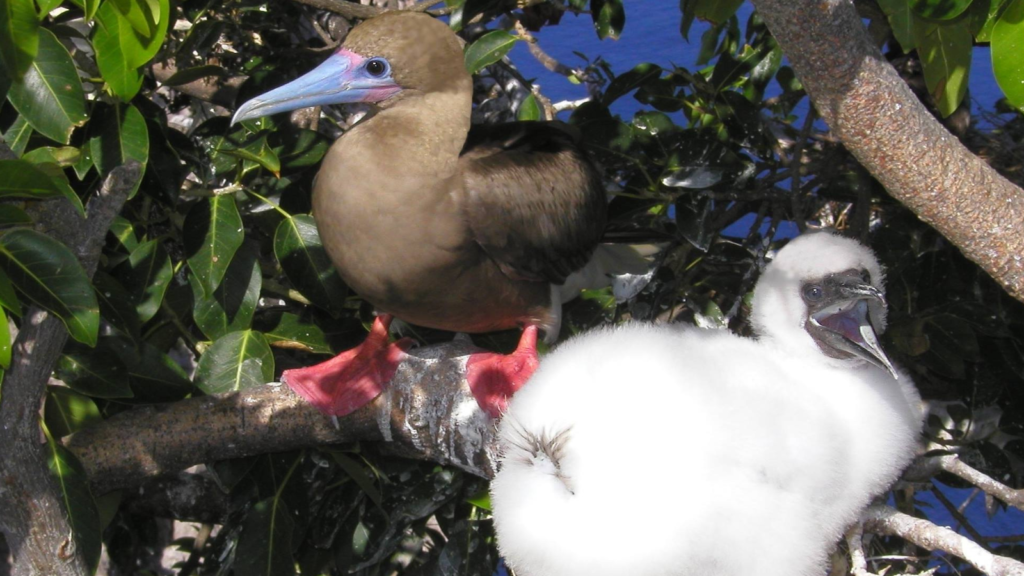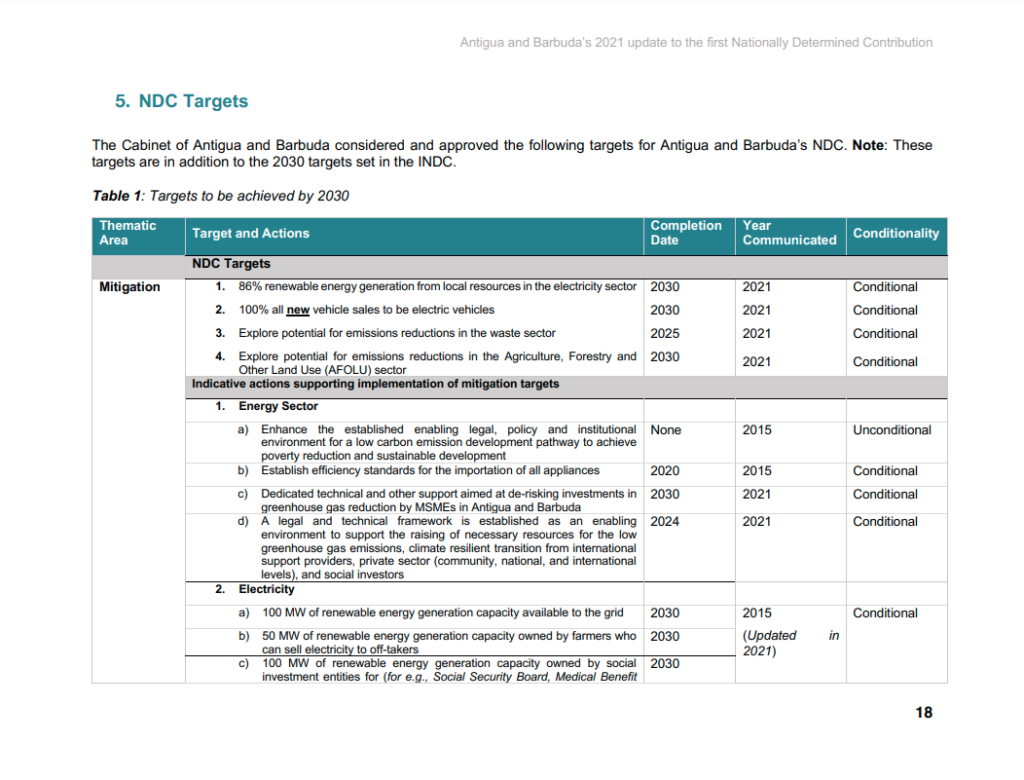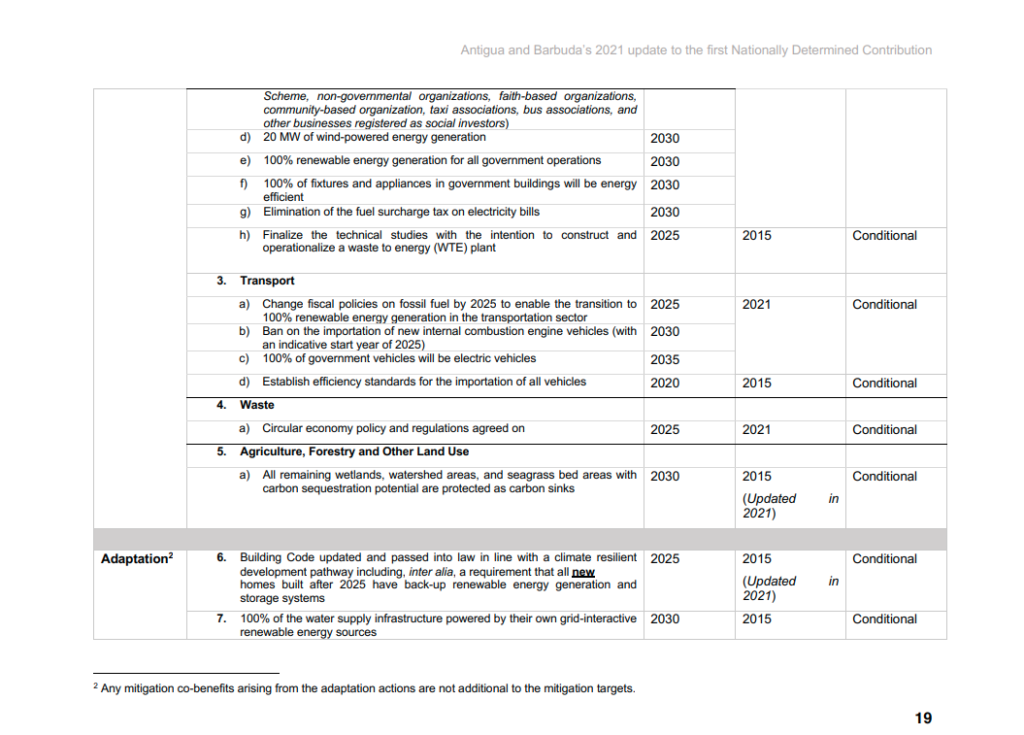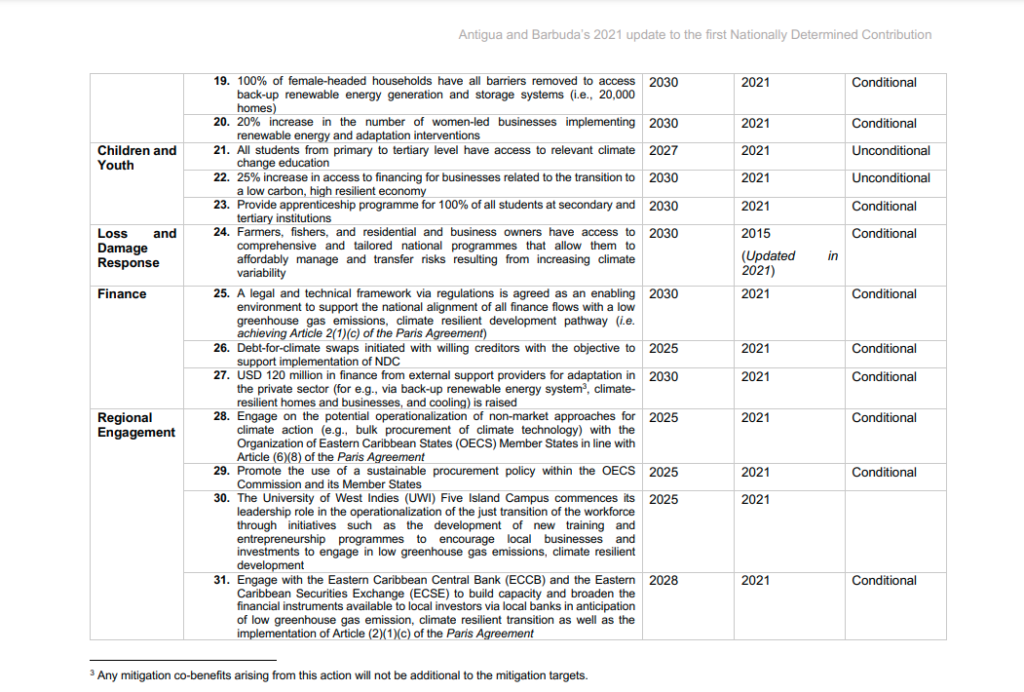Representatives from almost every country across the globe have already gathered, quite ironically in Baku, Azerbaijan, one of the major fossil fuel-producing countries, for the 29th session of the United Nations (UN) Climate Change Conference (COP).
Among them are two delegations from Antigua and Barbuda – a negotiating team and a political team spearheaded by Prime Minister Gaston Browne – one’s responsibility is to draft and develop policies to reach its climate goals and the other to engage political stakeholders to do their part.
Unlike past conferences where Antigua & Barbuda emphasized pressing issues such as loss and damage funding and climate finance, COP29 will have a distinct focus on implementation.
Director of the Department of Environment, Dianne Black-Layne is the lead negotiator for Antigua & Barbuda and said the focus is on transitioning from policy to implementation which involves turning pledges into tangible actions. In Black-Layne’s words, “We must be prepared—not just for the storms and heatwaves, but for a future where we no longer scramble but are ready.”
This year, the emphasis is on delivering outcomes and proving that promised actions outlined in each country’s Nationally Determined Contributions (NDCs) are being implemented. “This COP is different,” Black-Layne states. “After negotiating big items for years, now we are here to report on what we’ve done. It’s no longer about promises; it’s about real progress.”
However, to transition into a new system, Black-Layne emphasized “You have to go back home the next day and continue doing the work on the ground.” Too often it would seem that leaders make commitments and pledges but return to their countries and make no substantial effort towards achieving them.

A Vision for Long-Term Self-Sufficiency
Antigua and Barbuda is working towards climate resilience through green energy and adaptive infrastructure. To this end, the country has signed key agreements, like the Global Cool Coalition pledge and the Fossil Fuel Non-Proliferation Treaty, marking a significant step forward in climate action and signalling a shift from negotiation to execution.
- The “Cool Coalition” initiative is underway and aims to reduce air conditioning costs for residents and businesses by transitioning to energy-efficient cooling solutions. To facilitate this transition the government has waived the import duty on the importing and buying of air conditioners by the homeowners.
- Antigua and Barbuda signed an agreement on the Non-Proliferation of Fossil Fuels which is a movement by SIDS to transition to renewable sources of energy. While the twin-island state does not drill for fossil fuel, the country buys the product as its economy is primarily powered by its energy. However, the government has been adopting measures to cut its emissions and reduce its usage in favour of that transition. Black-Laye hopes that the private sector will make that transition shortly
- Adaptation measures are also being encouraged among residents like building out climate-resilient infrastructure. The government is subsidizing hurricane shutters and promoting local manufacturing and installation as part of its climate adaptation strategy.
However, the transition to a low-carbon future is not without its social hurdles. “Some people are prepared, some are supportive but waiting to see what happens, and others resist entirely,” the Director observes.
So beyond this COP, Black-Layne envisions a future where climate initiatives spur economic opportunities for Antiguans and Barbudans. There is room for many more green businesses and with growing markets in green technology, energy, and construction, COP offers a unique networking platform for local entrepreneurs. “COP isn’t just about policy,” she says. “It’s a place where our young people can explore the business side of climate action.” Black-Layne encourages reporting that spotlights how Antiguans can harness these emerging opportunities, noting, “There’s room for local businesses to expand and lead in fields like renewable energy.”

Setting New Goals for Climate Finance
The New Collective Quantified Goal (NCQG) on climate finance is a key element of the 2015 Paris Agreement for a new financial target to support developing countries in their climate actions after 2025 and to specify the timeframe and terms of its provision. This year’s COP is dubbed “the finance COP” as the conference aims to establish a new global goal for climate finance for the first time in 15 years.
To achieve the goal of limiting global warming to the 1.5°C pathway outlined in the Paris Agreement, Antigua and Barbuda has projected that it will need USD$60 million annually to fulfil its climate goals. Securing sufficient NCQG funds will be essential to implementing its Nationally Determined Contributions (NDCs). The 2009 climate finance goal of $100 billion per year, which developed nations fell short of meeting, has proven inadequate. UNCTAD estimates that developing countries now need approximately $1.1 trillion by 2025 and $1.8 trillion by 2030 to build clean energy systems and mitigate the impacts of climate change.




The Paris Agreement adheres to the principle of “common but differentiated responsibilities,” which means that while there’s a duty on all countries to take climate action, the types of action they take will depend on their differing national circumstances.
For Black-Layne, accessing these funds is as important as their availability. While some developed countries, like the EU and the UK, have fulfilled significant portions of their pledges, many developing nations struggle to utilize available funding effectively. “In many of the projects in the Caribbean, a lot of the time, when the projects don’t finish on time, you have to send the money back … we have to get ourselves together and get ready for project implementation.”
While funding remains a critical issue for Small Island Developing States to meet their SDG targets, international pledges from countries like the U.S. have often fallen short. Still, Antigua and Barbuda has been proactive in accessing funds and accelerating project completion. Black-Layne explains, “We’ve led negotiations to secure funding, but many countries still struggle to access it effectively. It’s crucial we show we’re ready for large-scale implementation.”
For Antigua and Barbuda, success means creating a resilient future that reduces the need for external aid. The Director highlighted the urgency to move past symbolic gestures and take concrete steps. “When we chaired AOSIS, we called for a shift to ‘implementation mode,” she recalls. Climate impacts are no longer isolated events—heatwaves, hurricanes, and food insecurity now affect everyone. “People are voting out of frustration due to the heat,” she says.
This public pressure is accelerating political willingness to act, with Antigua and Barbuda taking a leading role in turning commitments into reality.
—
This story was originally published by Island Press Box, with the support of the Climate Tracker COP29 Caribbean Climate Justice Journalism Fellowship